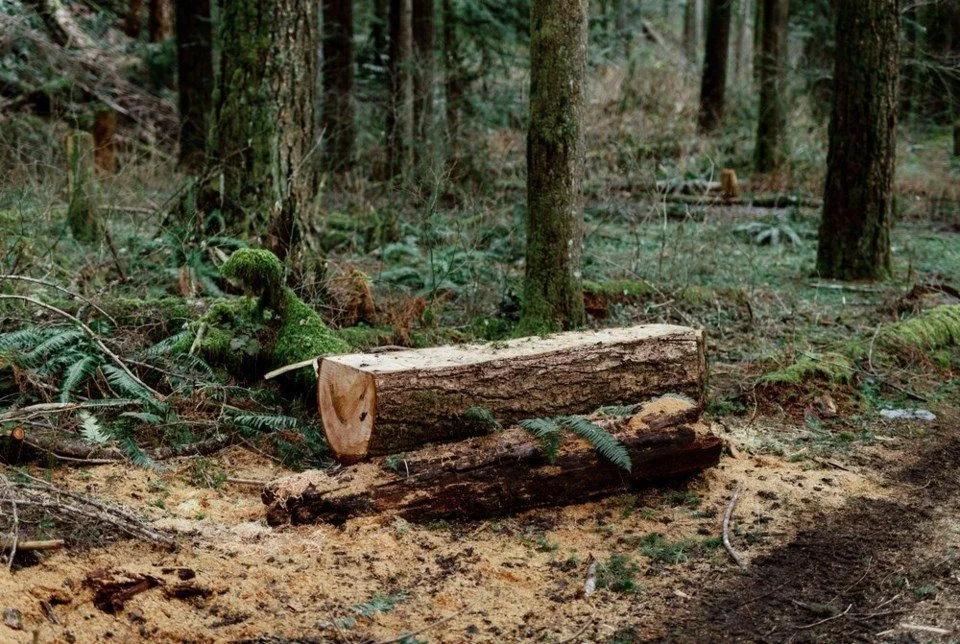The level of lithium in a pregnant woman’s household’s tap water may correlate to a higher chance of their infant being diagnosed with autism, according to a new study looking at how this environmental factor may impact the prevalence of the neurological difference. The study, published Monday in the peer-reviewed journal JAMA Pediatrics, looked at lithium levels in Denmark's tap water and compared it to the health records of more than 50,000 children.
Ecological impact of Mount Polley mine disaster confirmed by new study
A newly published scientific study confirms the deep ecological impact of the Mount Polley mine disaster in B.C.'s Cariboo region nearly eight years ago. The study, published last week in the academic journal Environmental Science and Pollution Research, shows small invertebrates taken from lake water affected by the tailings spill disaster had a higher concentration of copper and other metals than those taken from unaffected lake water.
B.C. flouting Canadian, international standards on protected areas, says report
The B.C. government claims it protects nearly 20 per cent of the province's land base as sanctuaries for biodiversity, but a new report says it has abused a key designation to “falsely inflate” its progress. The report, which was jointly produced between the environmental law group Ecojustice and the B.C. chapter of the Canadian Parks and Wilderness Society, examined Old Growth Management Areas, Wildlife Habitat Areas, and Wildland Zones. Together, they account for nearly all of what the province claims as “other conserved” areas, a designation B.C. uses more than any other province in Canada.
Climate change causing lakes in Canadian Rockies to lose their famous turquoise lustre, says ecologist
New research from the University of Alberta says the Canadian Rockies may be losing one of their most iconic features — those brilliant turquoise alpine lakes. "This summer the heat domes in Western Canada really have accelerated the rate of melting of the glaciers in the … Rockies," said professor of aquatic ecology Rolf Vinebrooke on CBC Radio's Daybreak South Tuesday. Vinebrooke explained that the lakes contain glacial flour, a sediment from rocks that slowly makes its way into the water through erosion. But as the glaciers melt at faster rates than ever before, less of the meltwater contains the rock flour, which intercepts sunlight and gives the lakes their milky turquoise luster.
Scientists warn of Gulf Stream collapse leading to ‘climate catastrophe’ in Canada, world
As climate scientists release new evidence pointing to the possible “collapse” of the Gulf Stream, experts are warning that its disappearance would usher in a “calamitous climate catastrophe” not just for Canadians living on the east coast, but for hundreds of millions more people worldwide. The warning comes amid a new study published in the journal Nature Climate Change, which found evidence of the Gulf Stream losing “stability” over the course of the last century. Should the stream continue to lose strength and eventually collapse, the study’s author warned of “severe impacts on the global climate system.”






